Moving Abroad
Most Popular Destinations
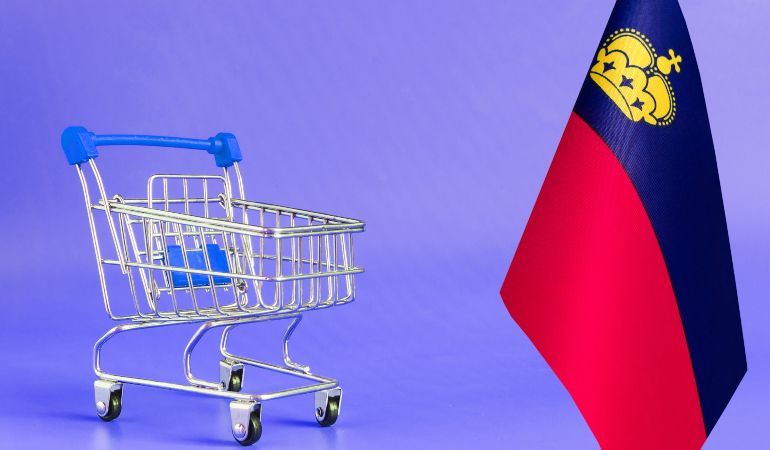
Is it expensive to live in Liechtenstein? The cost of living in Liechtenstein is one of the highest in Europe, as well as its high wage levels. In terms of economics, how...

Capital City: TiranaPopulation: 2,402,113 ( 2023 )Official language: AlbanianCommonly spoken languages: Greek, Romani, Serbian, Aromanian (minorities)Currency: Albanian L...

Some of the best places to live in Wales are highlighted here, along with their unique features and amenities. Wales is a country known for its breathtaking landscapes, r...
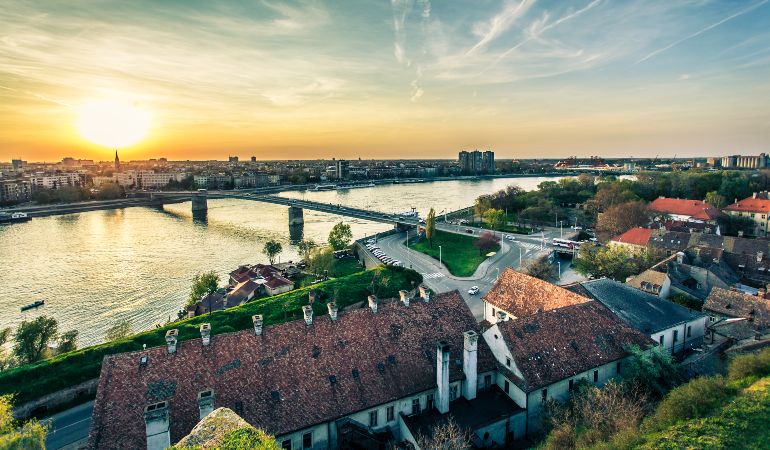
Living in Serbia combines historical richness, cultural diversity, and natural beauty. The capital city is Belgrade, which is an emerging European city. Living costs in S...
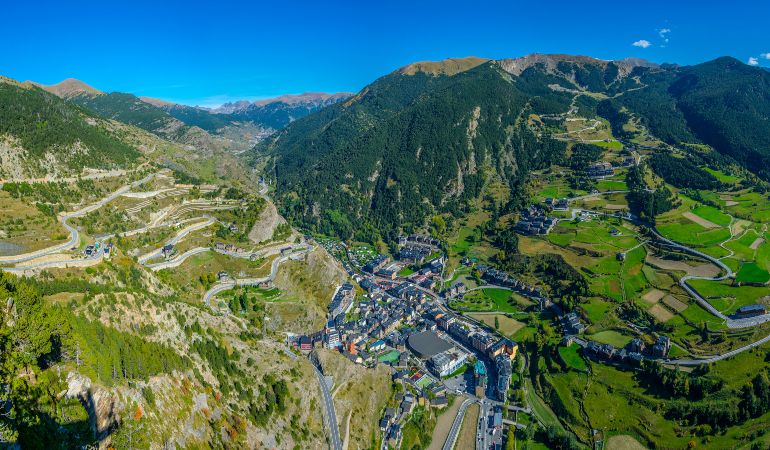
Andorra is a tiny and very charming independent principality nestled between Spain and France, right at the heart of the Pyrenees mountains. The capital city is Andorra l...

If you’re considering moving to Northern Ireland, you’ve got to know the cost of living. It depends on factors like where you live, your lifestyle, and your s...
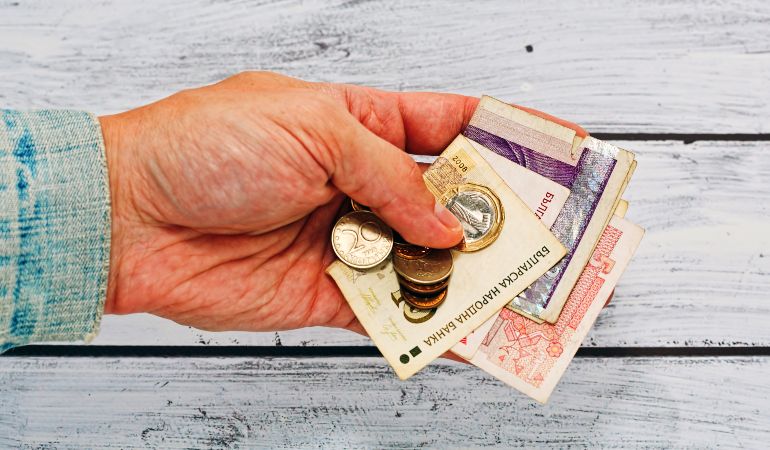
Bulgaria is a Balkan country known for its rose fields, beautiful mountains and friendly locals. Even so, Bulgaria is a cheap and affordable place to live. Moreover, Bulg...
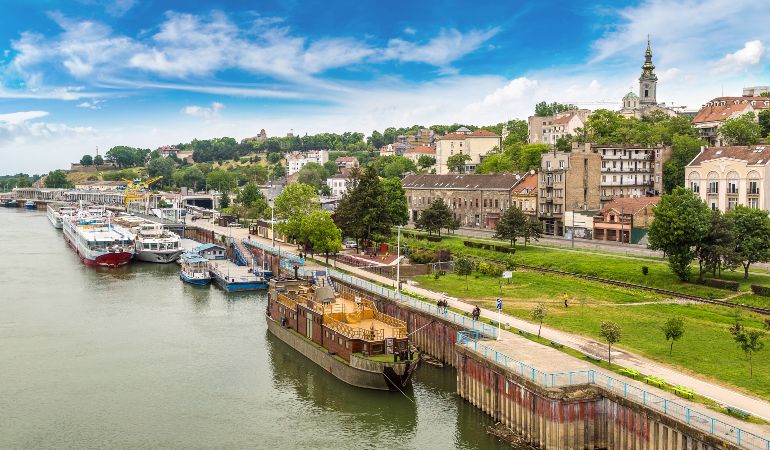
In this guide, you’ll find information on health, education, benefits, residence requirements, and more, which are essential for British nationals moving to Serbia ...
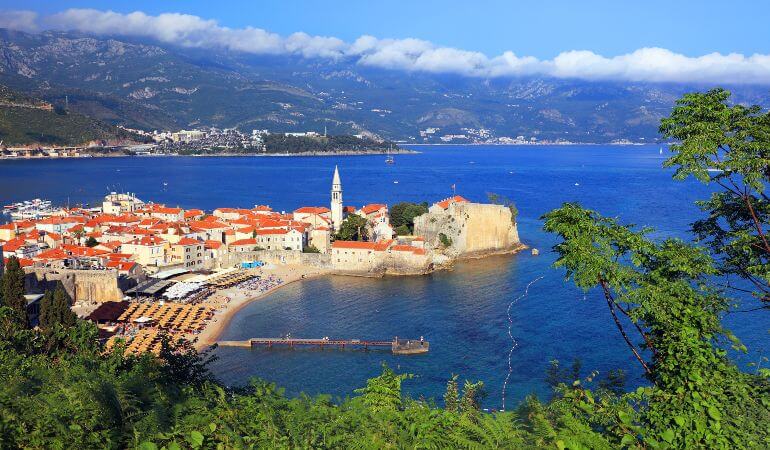
Montenegro is a small charming country situated on the Balkan Peninsula. The country boasts many beautiful towns on the Adriatic coast, low cost of living, low tax rate a...
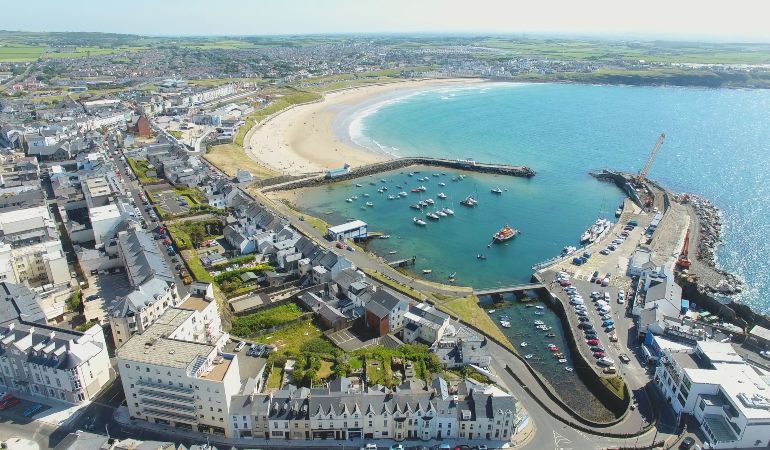
Have you ever dreamed of living in a place with beautiful coastlines, natural wonders, and rich cultural heritage? If so, then Northern Ireland, with its sandy beaches, h...

Russia is a big country with a lot of different cities, each with its charm. A look at the best cities to live in Russia, highlighting their distinctive features, quality...
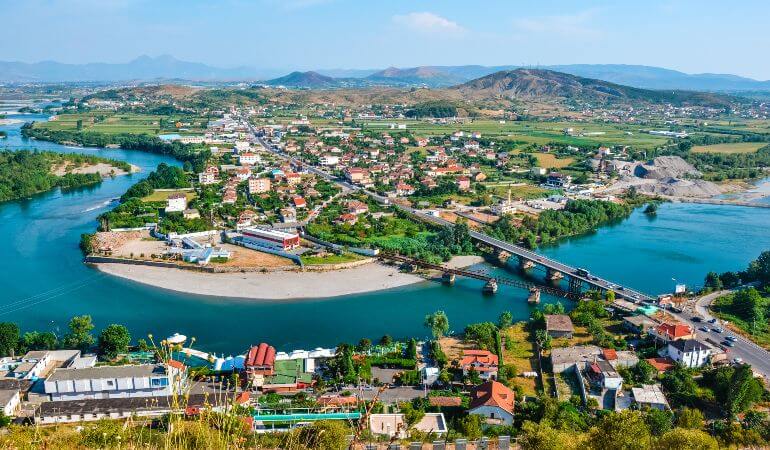
What is the best city to live in Albania? You can use this guide to find the best places to live in Albania as an expat. Albanians are a very warm and welcoming nation, g...
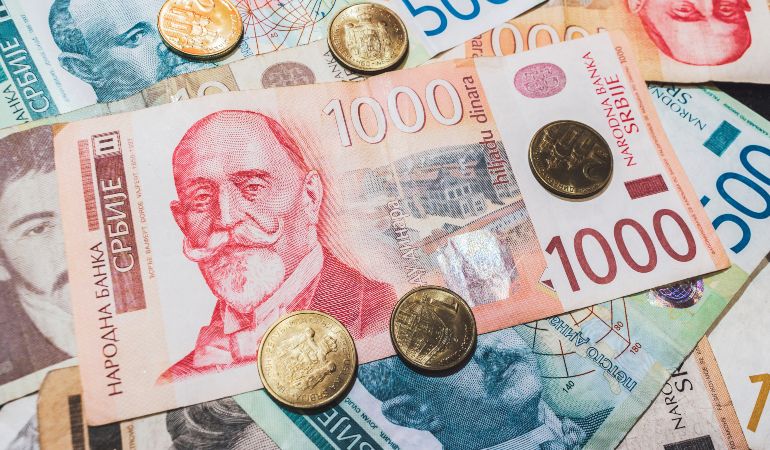
Throughout this article, we explore housing, food, transportation, and more, giving you a comprehensive overview of the cost of living in Serbia. Is Serbia a good country...

Moving from the UK to Montenegro is an exciting and potentially life-changing decision. Whether you are drawn by the stunning Adriatic coastline, the affordable cost of l...
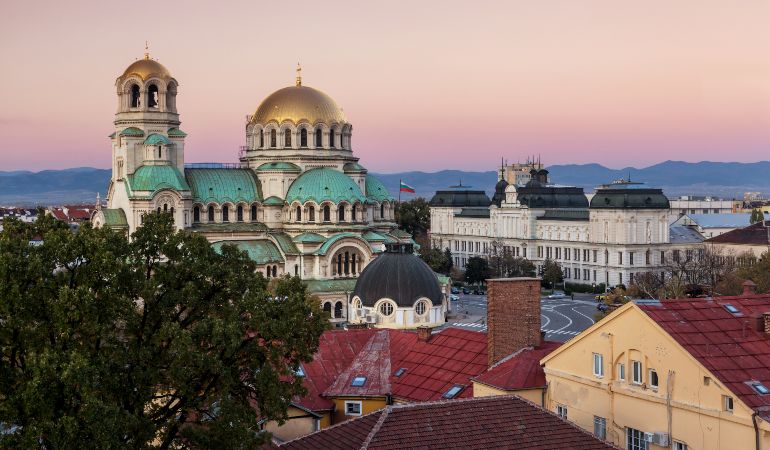
Perhaps you’ve fallen in love with the Black Sea coast, with its sunny climate, the golden sandy beaches and warm waters. Maybe the rugged mountains with ski resort...
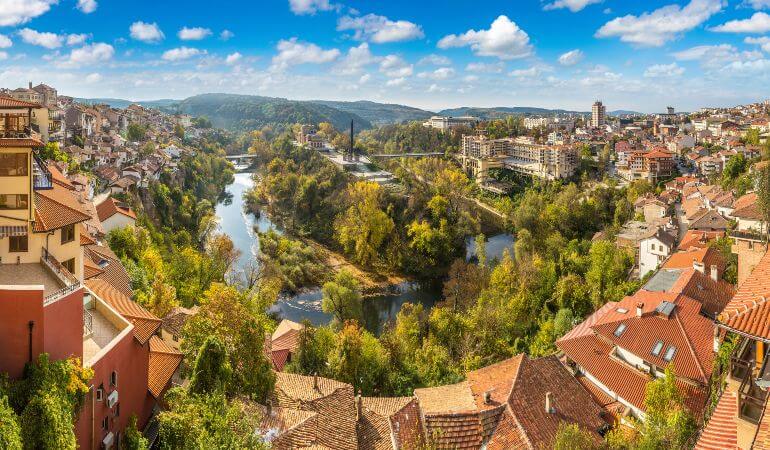
Capital City: SofiaPopulation: 6,875,040Official language: BulgarianCommonly spoken languages: Turkish, Romani, English (minorities)Currency: Bulgarian Lev (BGN)Exchange ...
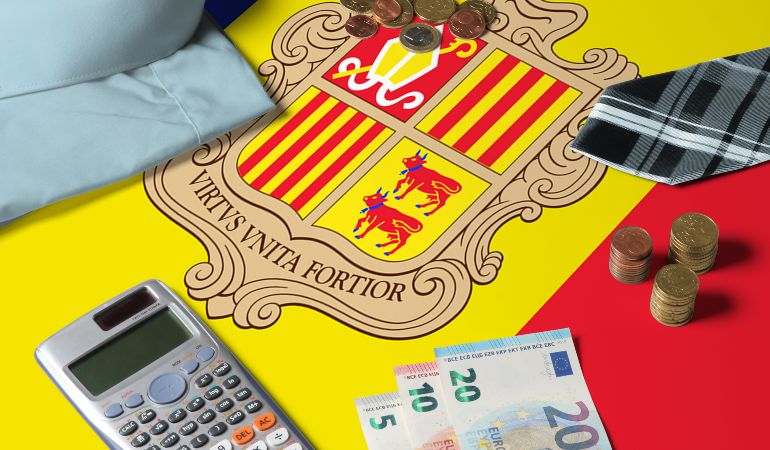
Nestled in the Pyrenees between France and Spain, Andorra is known for its stunning landscapes, outdoor activities, and tax advantages. But what is it really like to live...
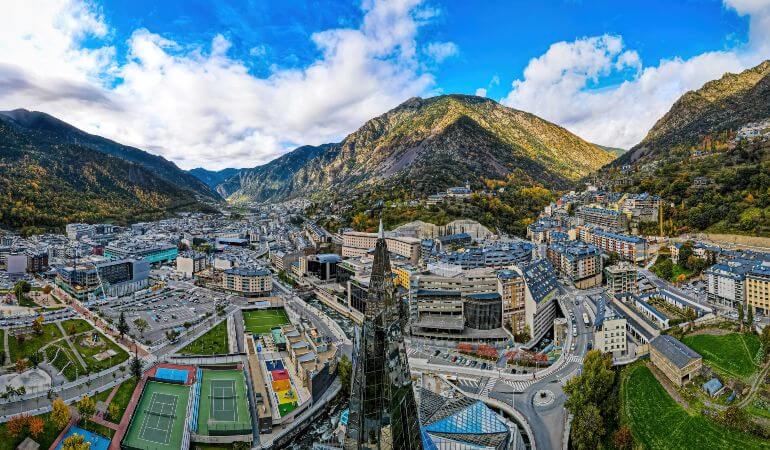
UK expats find that moving to Andorra presents a variety of benefits, such as the high standard of living, the favourable tax conditions, and the welcoming environment. H...

Life in Moldova is characterised by a deep sense of community, a slower pace, and an enduring connection to the land. Whether you’re exploring its medieval monaster...
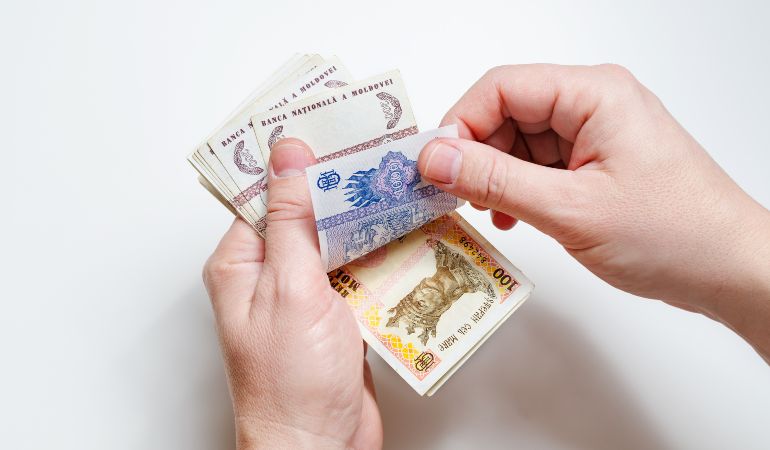
Discover the cost of living in Moldova and how it compares to the UK. When it comes to moving or travelling, the cost of living is a big factor. Moldova and the United Ki...

If you’re thinking of moving to Wales, you need to know the cost of living. Location, lifestyle choices, and individual circumstances can all affect the cost of liv...
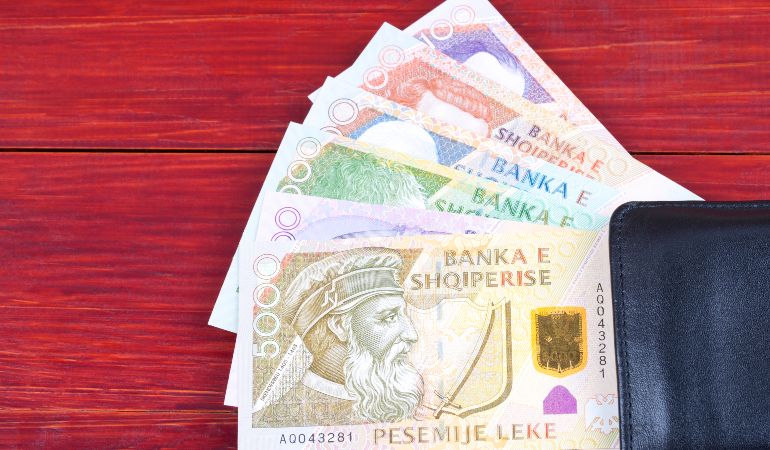
When considering a move to Albania, understanding the cost of living is essential for planning your budget. The cost of living in Albania is generally lower than in many ...
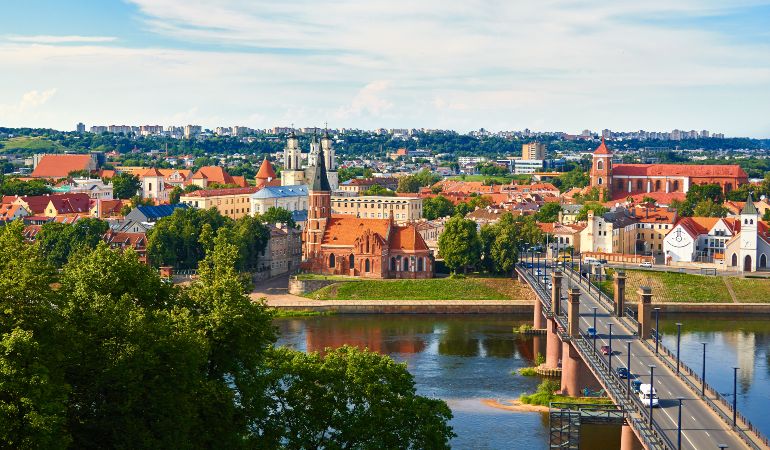
The Baltic country of Lithuania is a hidden treasure that blends historical charm and modern living, making it a great place to live. Lithuania offers a diverse range of ...

Capital City: BelfastPopulation: 1.885 millionOfficial language: Irish and EnglishCommonly spoken languages: Irish, English, Ulster ScotsCurrency: Pound sterlingExchange ...

Capital City: CardiffPopulation: 3.136 millionOfficial language: Welsh, EnglishCommonly spoken languages: Welsh, EnglishCurrency: Pound sterlingExchange rate to pound: 1:...

Capital City: VaduzPopulation: 38,378Official language: GermanCommonly spoken languages: German, AlemannicCurrency: Swiss franc (CHF)Exchange rate to pound: 0.80:1 (30.08...
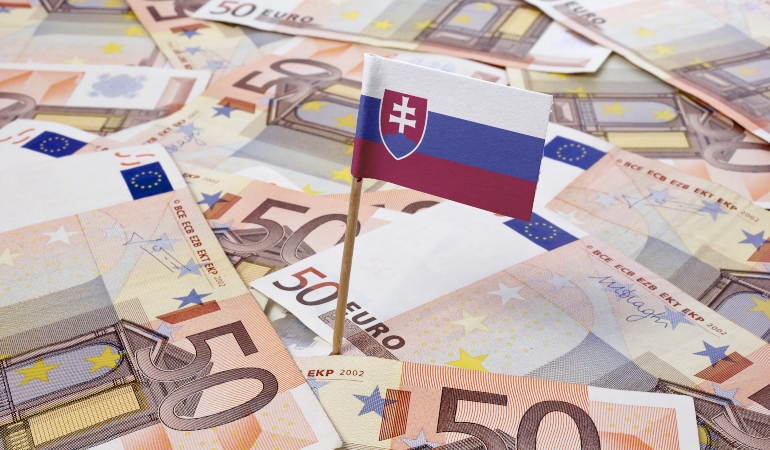
We have put together a guide to help you understand the cost of living in Slovakia. Beautiful natural landscapes, historical castles, and a relatively low cost of living ...
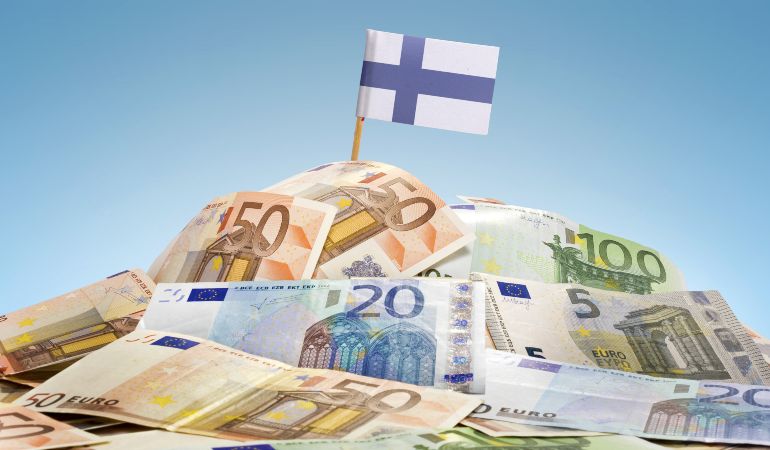
Anyone thinking about moving to Finland should consider the cost of living. Known for its high quality of life, excellent public services, and gorgeous natural landscapes...
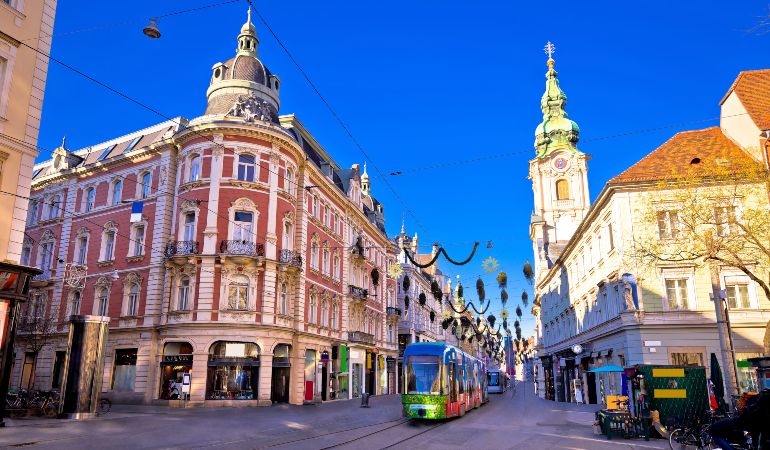
Austria is an enticing destination, not only for tourists to visit but also as a new home. This country boasts a high quality of life, one of the highest in the world. Wi...

Portugal is a favourite location for British expats. Many of them associate the country mainly with Algarve, but it is much more than that. It has 850 kilometres of large...

With its picturesque landscapes, high quality of life, and robust economy, Switzerland is also known for its high cost of living. In Switzerland, the cost of living can b...
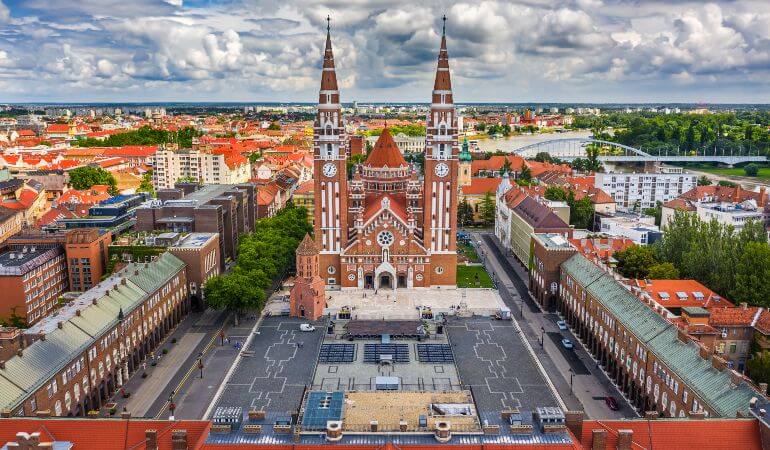
Hungary is a landlocked Central European country bordered to the north by Slovakia, northeast by Ukraine, southeast by Romania, Serbia, and Croatia, southwest by Slovenia...
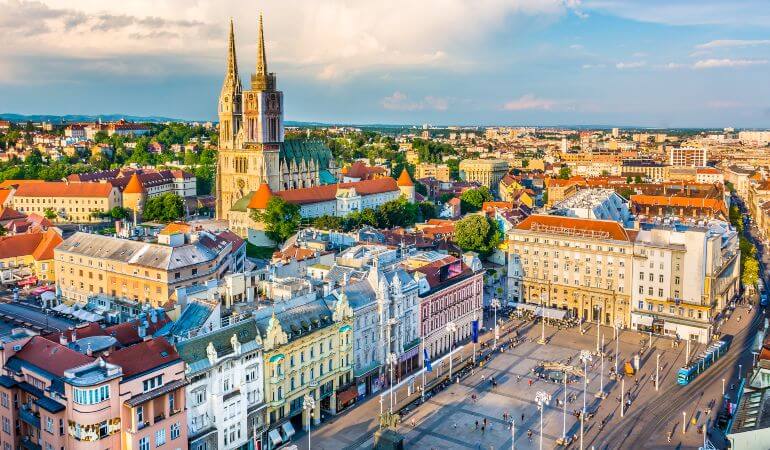
Is it a good idea to move to Croatia? Croatia is a great spot for people planning to live overseas as expatriates, thanks to its charming beaches and rich history. Of cou...

Romania is a tourist country in the Balkans, near the Black Sea. It offers stunning beaches and the Carpathian Mountains. The country also has lush forests, rolling hills...

Living in Slovakia offers a unique blend of vibrant city life, charming rural towns, and breathtaking natural landscapes. From the bustling streets of Bratislava to the s...
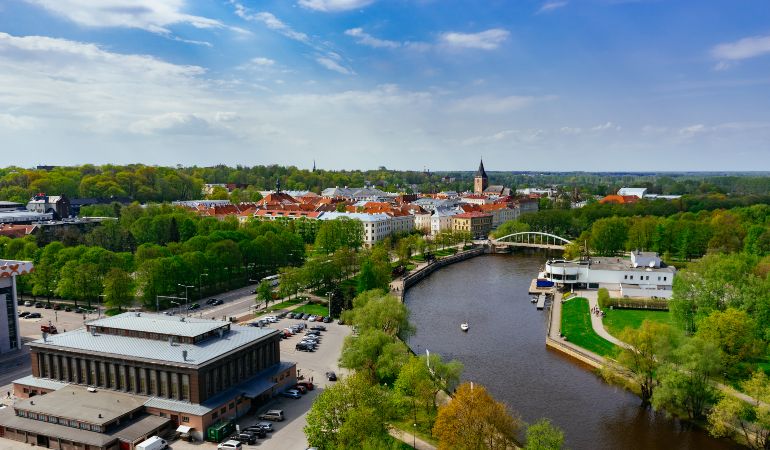
Although Estonia is one of the most underrated countries in Europe it offers a lot in terms of living conditions. It is the most north-situated country of the Baltic stat...
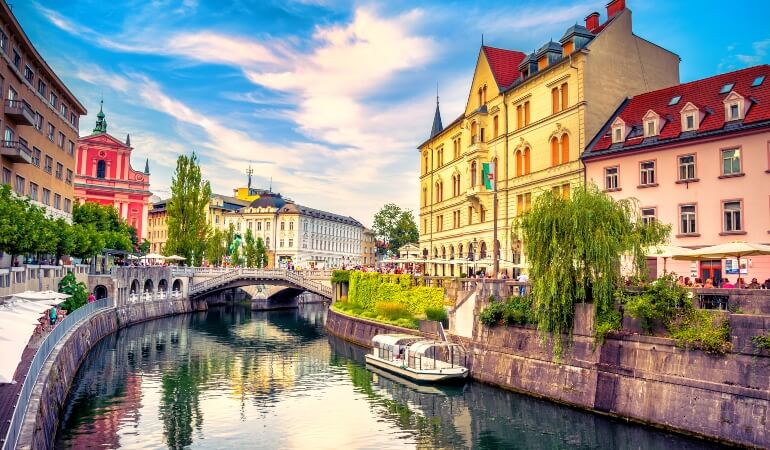
Slovenia is a beautiful country located in Central Europe and is preferred by many British expats. A first pick for many tourists, Slovenia has breathtaking nature that c...
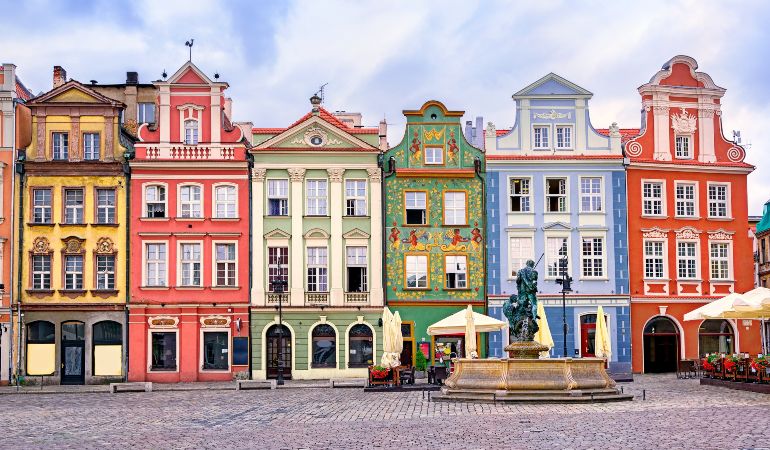
You might wonder, “Is Poland a good place to live?” While it’s not a frequently chosen destination, it has much to offer expats in terms of both lifestyle and oppor...

Latvia is a safe, uncrowded country with no megacities or crazy traffic jams, making it an excellent place to live. The cost of living is affordable and there is great va...
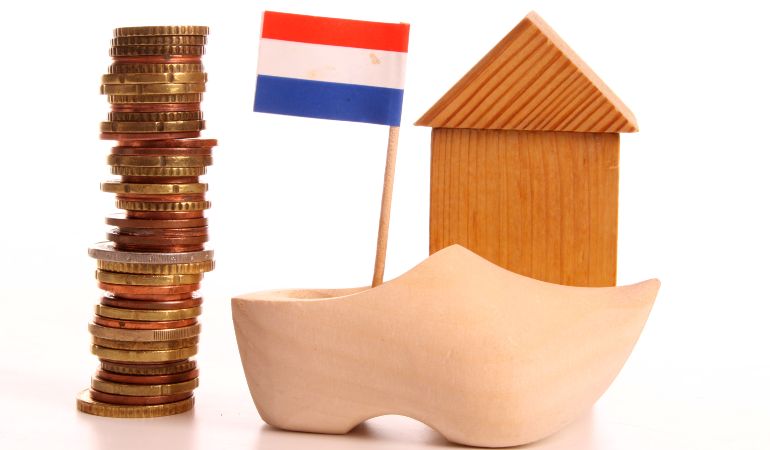
Taking a closer look at the cost of living in the Netherlands. There’s no place like the Netherlands for scenery, culture, and a dynamic urban lifestyle. This vibra...

Malta is a picturesque island nation in the Mediterranean that’s getting more and more popular with expats and tourists. Malta offers a unique blend of modern ameni...

The cost of living in Austria varies significantly depending on the city and lifestyle. Major cities like Vienna, Salzburg, and Innsbruck generally have higher living cos...
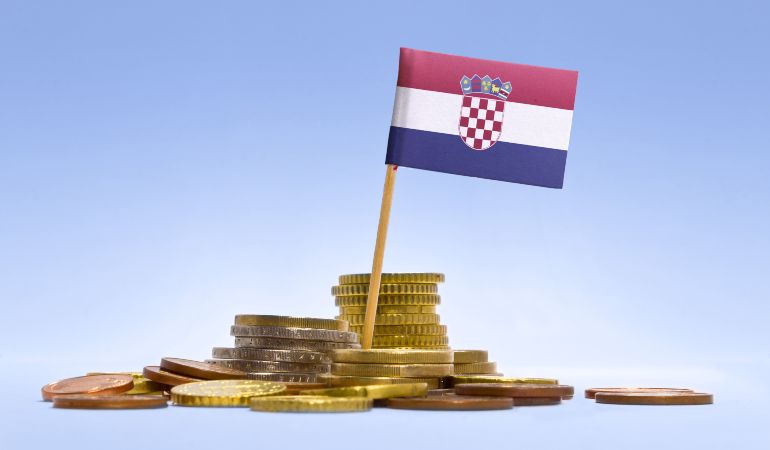
You need to know how much it costs to live in Croatia if you’re thinking of moving or staying for a while. Living costs in this picturesque country vary by region, ...
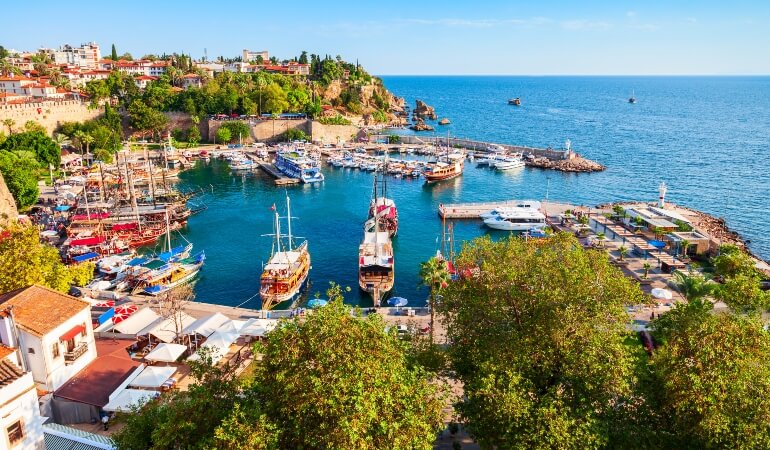
Known for its coffee, tea, baklava, carpets, and being the origin of tulips, Turkey has a relatively large population of around 82 million people. Among the best places t...
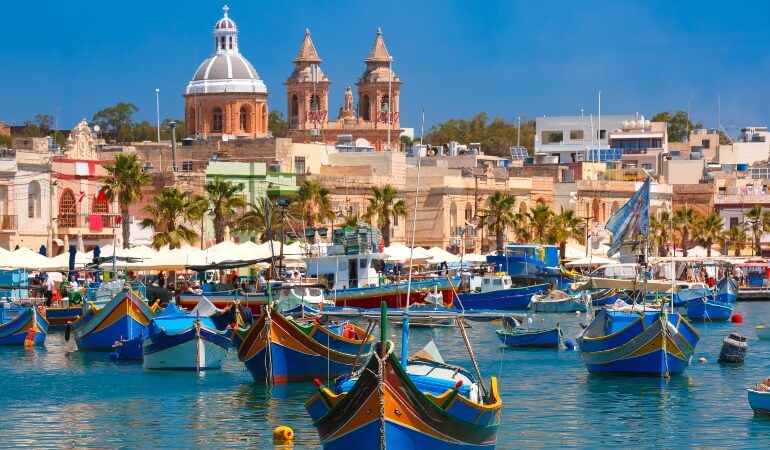
Choosing the best place to live in Malta depends on various factors such as lifestyle preferences, budget, and proximity to amenities. In this blog post, we will explore ...
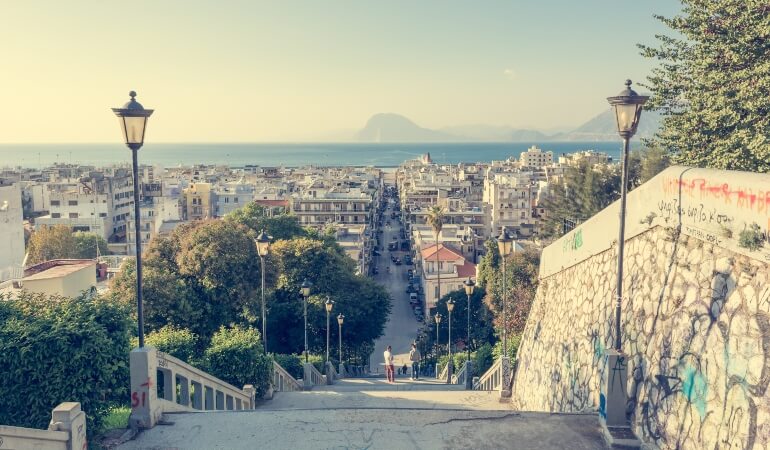
Home to just over 11 million people, with around 3 million of those living in the capital Athens, Greece is considered one of the sunniest places in the world, enjoying o...
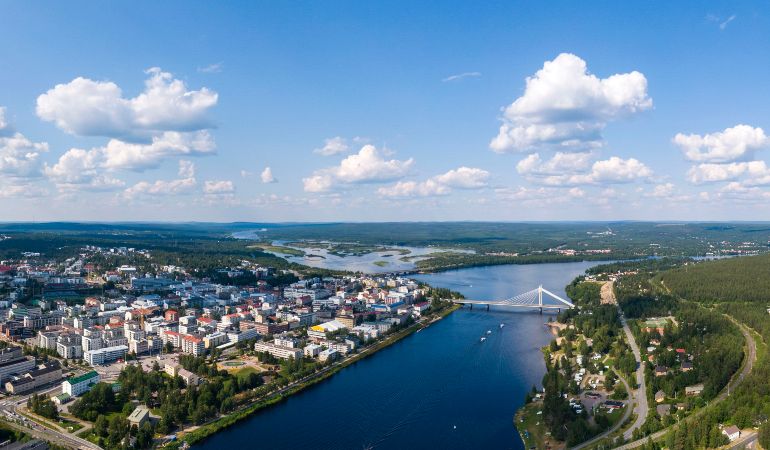
Finland is an amazing mixture of stunning landscapes and originally designed buildings. The country is a safe and pleasant place so finding the best places to live and wo...
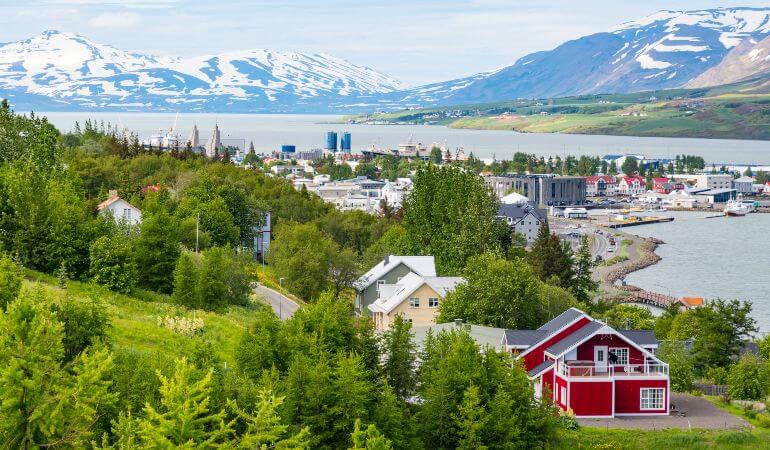
Iceland offers a unique and captivating environment to those seeking a new place to call home with its otherworldly landscapes, vibrant culture, and high standard of livi...
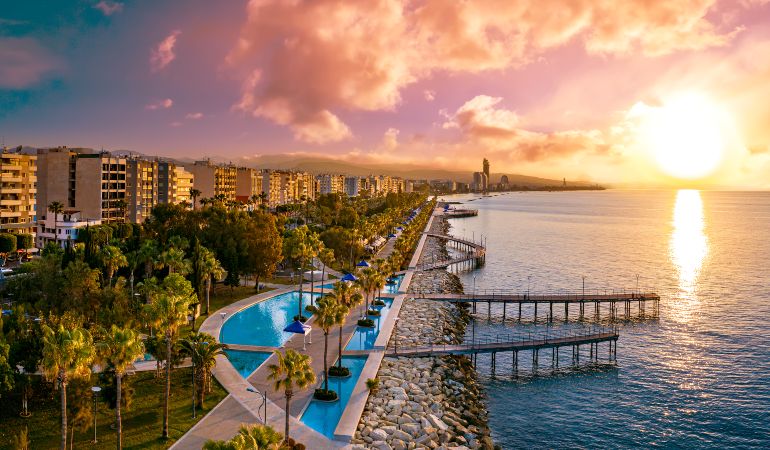
Cyprus is a tempting destination for Brits not only for its weather temperatures. It is the European Union country with the warmest climate of all. You can get prepared f...

Many people associate the Czech Republic with Eastern Europe even though it’s a country that embodies the west more than it does the east. Yes, Czechoslovakia was once ...
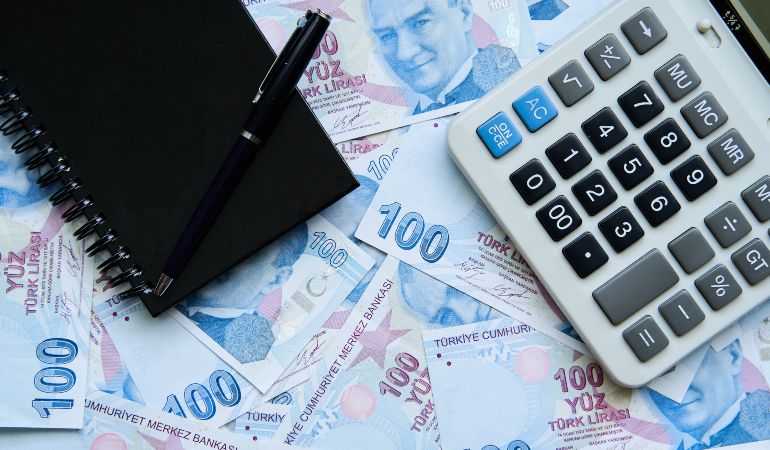
The cost of living in Turkey, as in any other country, plays a big part in whether people choose to move there or not. Turkey is a fairly popular choice, as it’s the se...
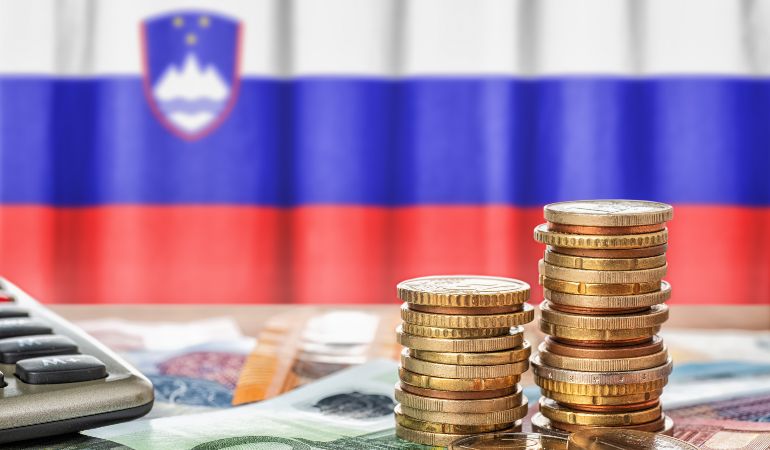
Slovenia is becoming increasingly popular for its natural beauty and vibrant culture. The cost of living in Slovenia is, however, a concern for many potential residents a...
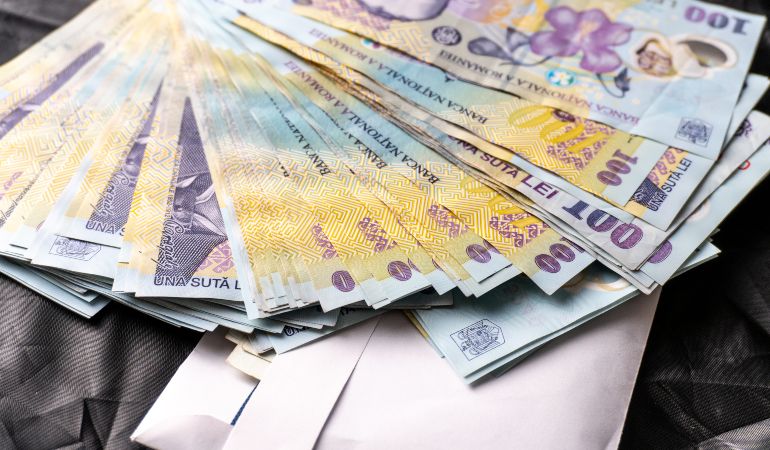
Living costs in Romania are considerably lower than in many Western European countries, making it an attractive destination for both expats and tourists. Even though Buch...

Curious about the cost of living in Portugal? With its mild weather all year round, Portugal offers an affordable lifestyle that combines both comfort and natural beauty....
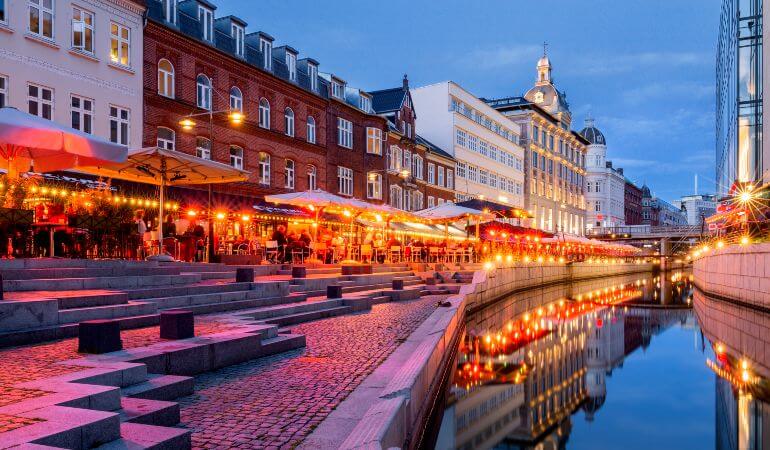
Denmark, home to nearly six million people, boasts a vibrant expat community, with approximately 10.5% of its population born abroad. This diversity contributes to the we...
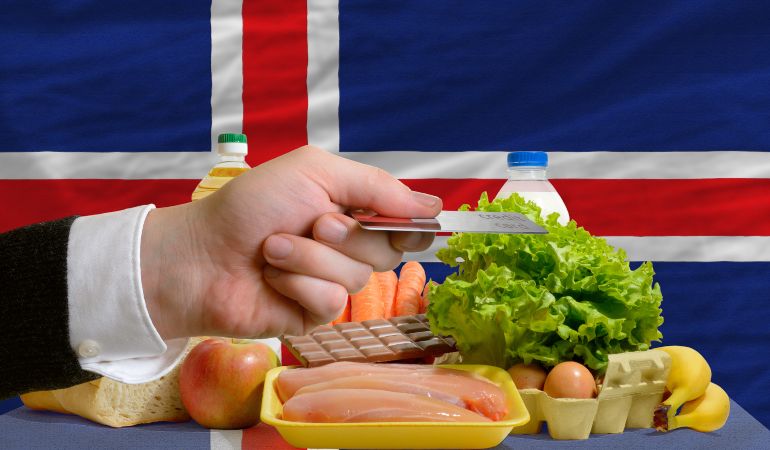
Iceland has one of the highest living costs in the world, making it one of the most expensive countries. Whether you live in Iceland or are a visitor, the cost of living ...
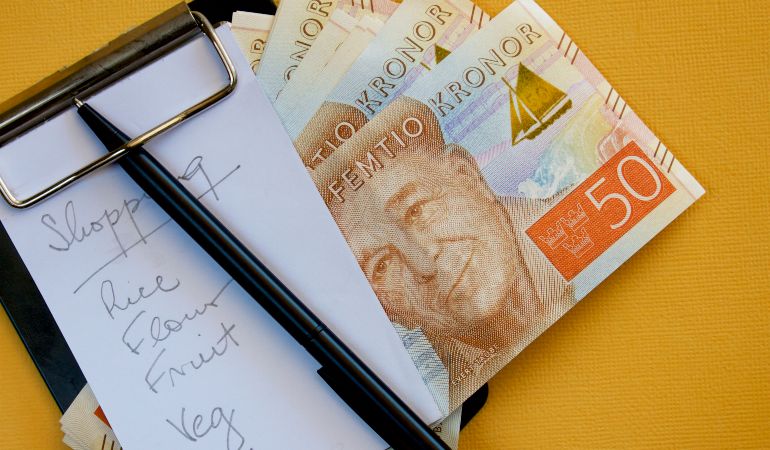
Sweden, renowned for its high quality of life, is often perceived as an expensive place to live. When considering the cost of living in Sweden, it’s important to co...
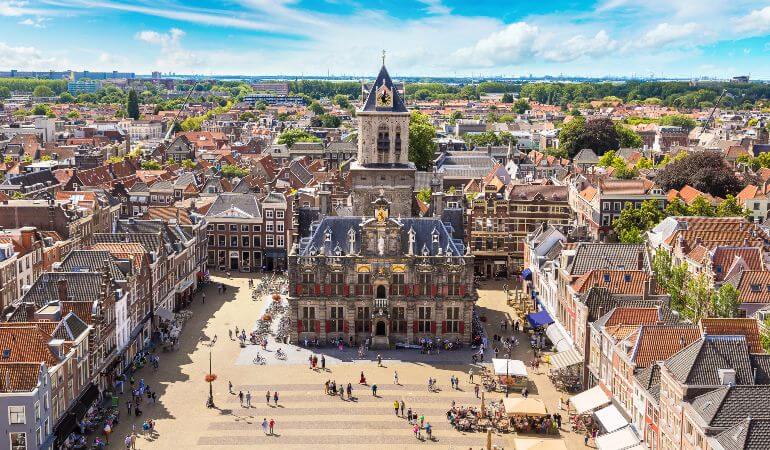
The Netherlands ought to be at the top of your list if you’ve been dreaming of relocating to a bustling, gorgeous nation in Europe. Renowned for its enchanting tuli...
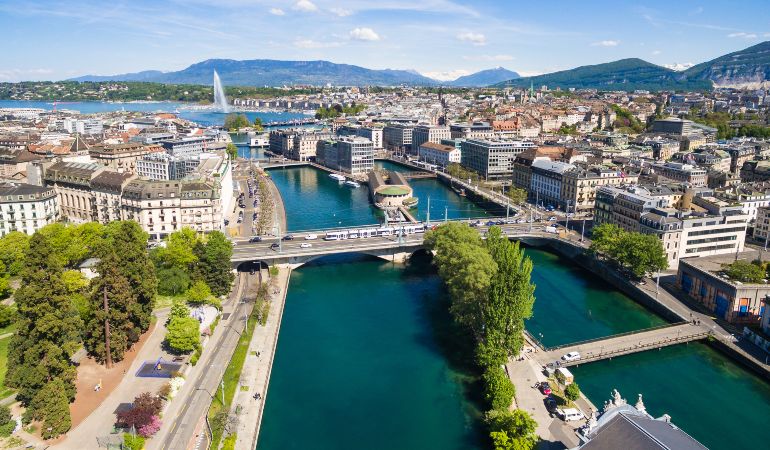
You’re spoiled for choice when it comes to locating the ideal residence in Switzerland. Switzerland has something to offer everyone, whether your dream home is a co...
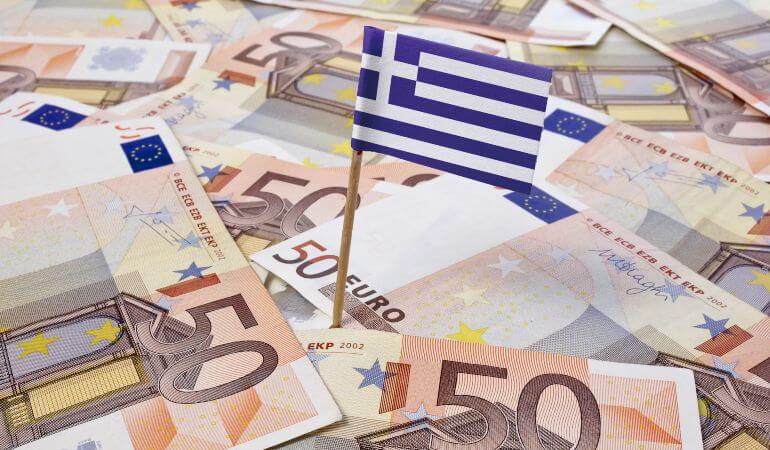
Greece is a country of rich history, impressive culture and architecture, amazing cuisine and established traditions. The ancient place is also well-known for its great M...
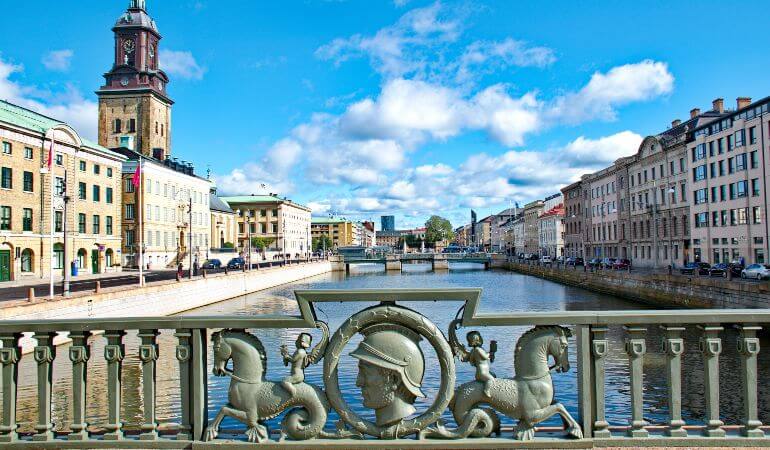
With a population of just under 10 million, Sweden was voted the top country in the world on the good country index. It is the fifth biggest country in Europe in terms of...
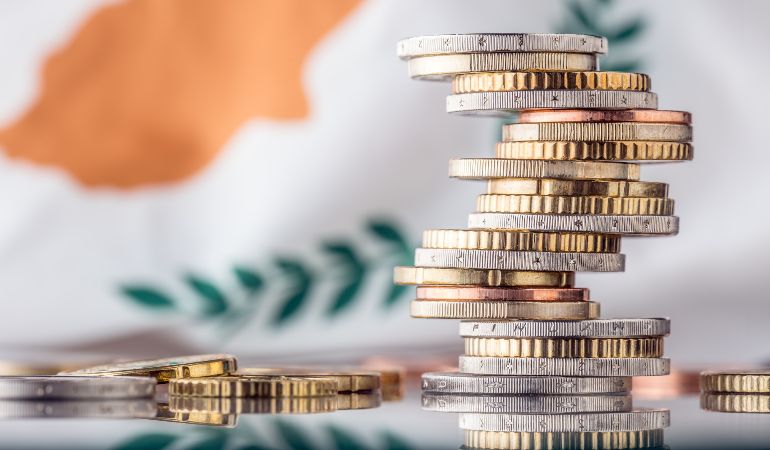
The cost of living in Cyprus is close to the average on a global scale and for expats coming from strong economies, it might seem even low. Costs related to accommodation...
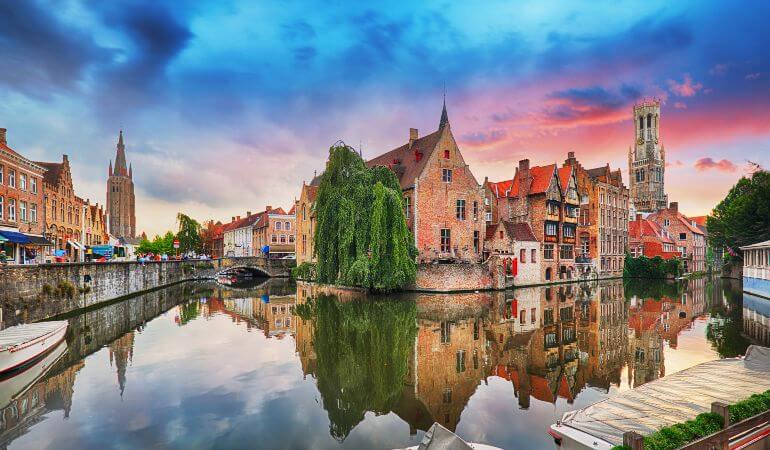
With a population of just over 10 million, Belgium is renowned not only as the headquarters of the European Commission, the European Parliament, and NATO, but also for it...
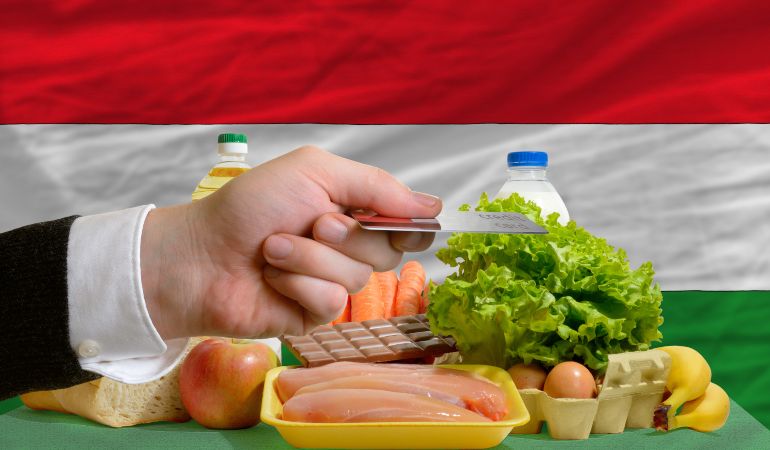
Home to just over 9.7 million people, Hungary is a landlocked central European country that borders Romania, Ukraine, Slovakia, Austria, Slovenia, Croatia and Serbia. The...
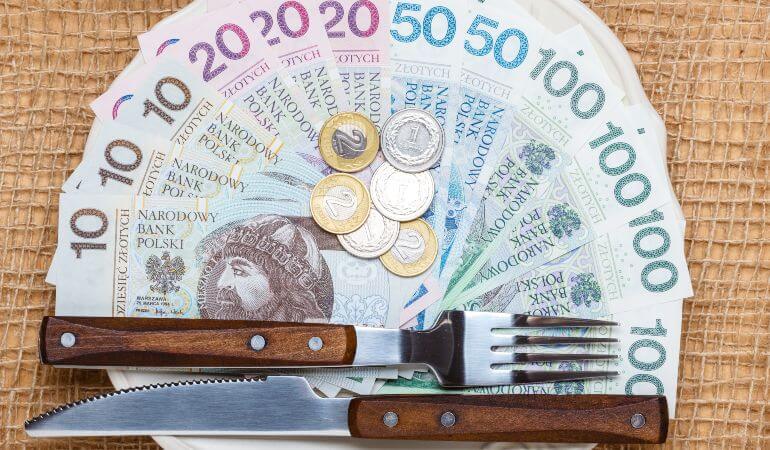
Poland is one of Europe’s largest countries, coming in at a ninth-place and is bigger than Italy and the UK. Thanks to the rich history and culture, gorgeous natural re...
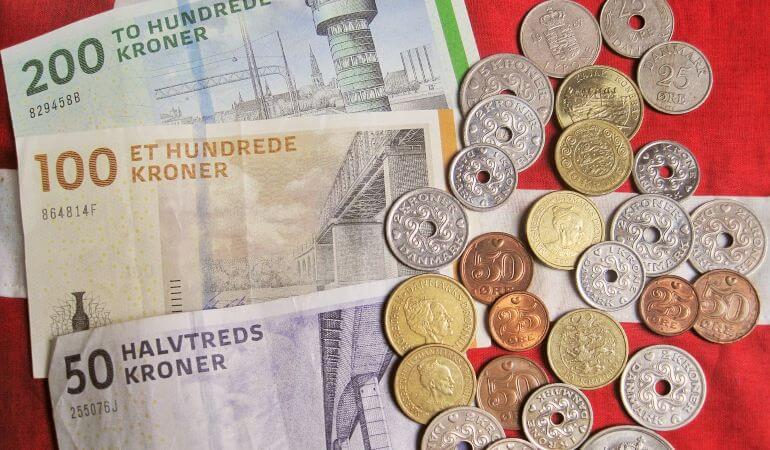
If you’re considering moving to Denmark, you’re likely curious about the cost of living there and the expenses associated with it. The standard of living in D...

Capital City: LjubljanaPopulation: 2.081 millionOfficial language: SloveneCommonly spoken languages: Czech, English, Russian, German, Hungarian, ItalianCurrency: EuroExch...
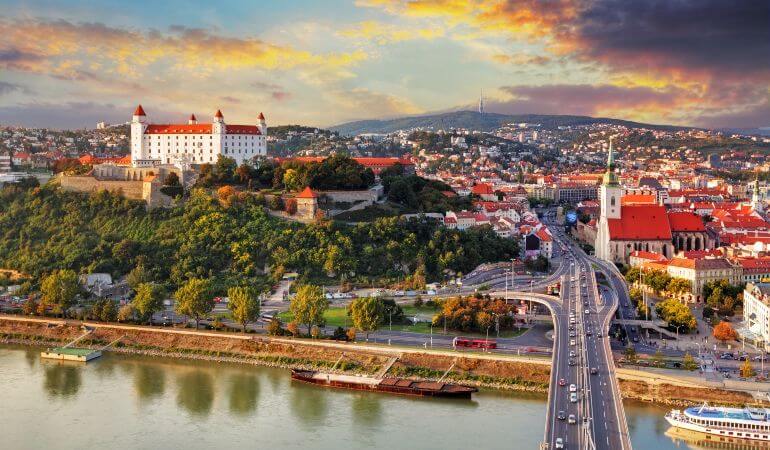
Capital City: BratislavaPopulation: 5,459,642Official language: SlovakCommonly spoken languages: English, Romani, Czech, Ukrainian, German and PolishCurrency: EuroExchang...

Capital City: BudapestPopulation: 9.77 millionOfficial language: HungarianCommonly spoken languages: Hungarian, German, EnglishCurrency: Hungarian forintExchange rate to ...
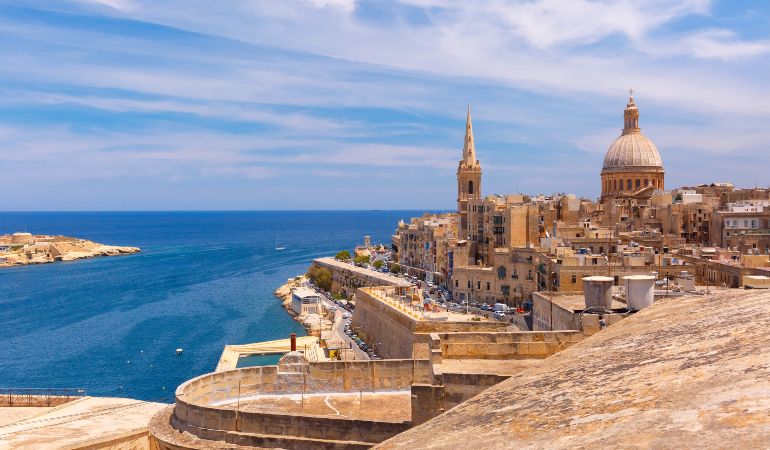
Capital City: VallettaPopulation: 514,564Official language: Maltese and EnglishCommonly spoken languages: ItalianCurrency: EuroExchange rate to pound: €1.11 = £1 Movin...
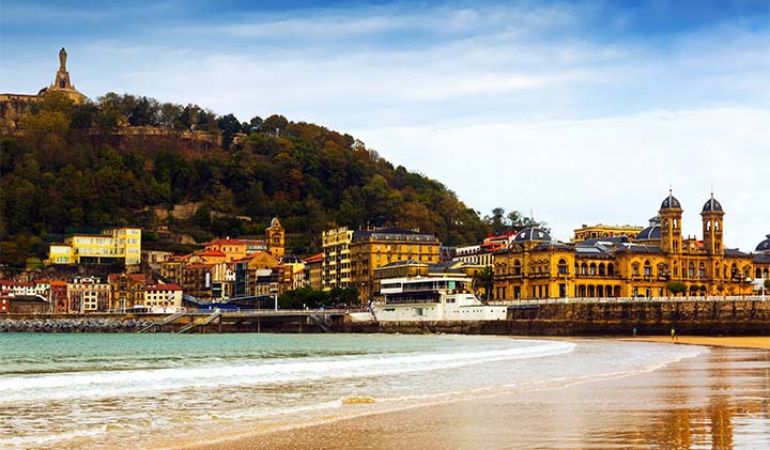
Capital City: Vitoria-GasteizPopulation: 2,188,017 people (2019)Official languages: Spanish and BasqueCommonly spoken languages: Basque, Spanish, FrenchCurrency: EuroExch...
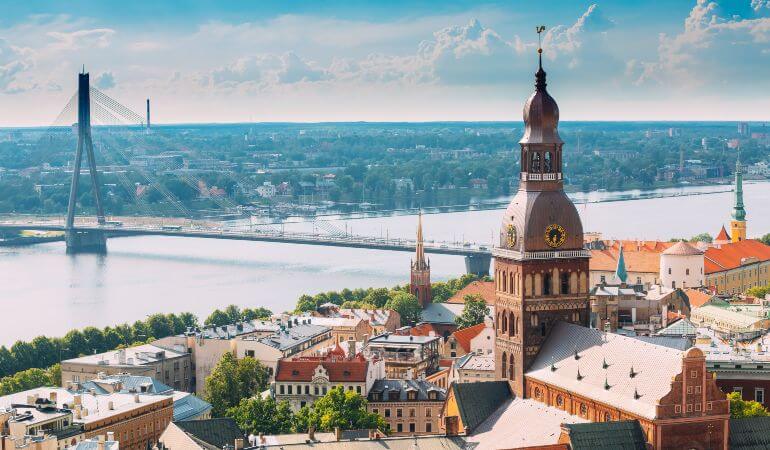
Capital City: RigaPopulation: 1,810,240 (2024)Official language: LatvianCommonly spoken languages: Russian, EnglishCurrency: Euro A small yet beautiful country, Latvia is...

Capital City: AthensPopulation: 10.43 million (2022)Official language: Greek,Commonly spoken languages: English, Albanian, Macedonian, Bulgarian,Currency: Euro (€)With ...

Capital City: VilniusPopulation: 2.71 million (2024)Official language: LithuanianCommonly spoken languages: Polish, RussianCurrency: Euro (€) Thinking of leaving Britai...

The cost of living in Scotland is an important consideration for anyone looking to move or travel to this beautiful country. While Scotland offers stunning landscapes, vi...
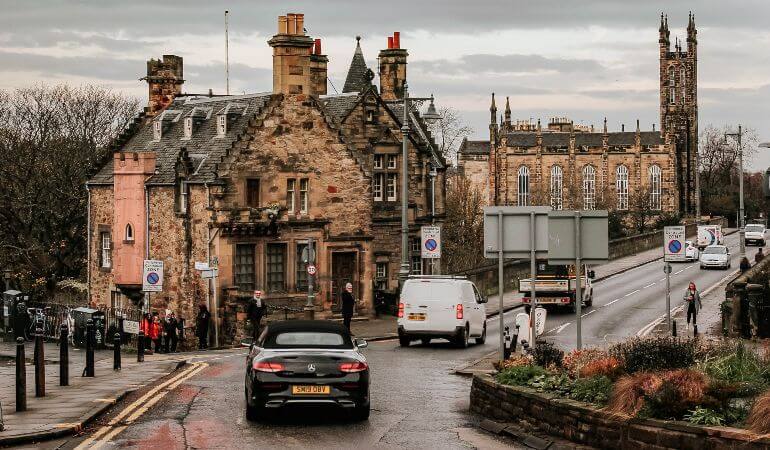
There are undoubtedly many beautiful places in Scotland where you can settle and start your new life. When considering the best places to live in Scotland, it’s cle...
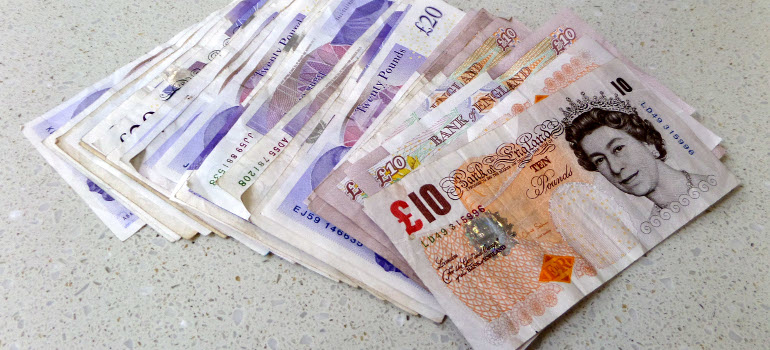
Living in Norway can be an enriching experience, but it also comes with a range of expenses that can be quite high compared to many other countries. In this blog post, we...
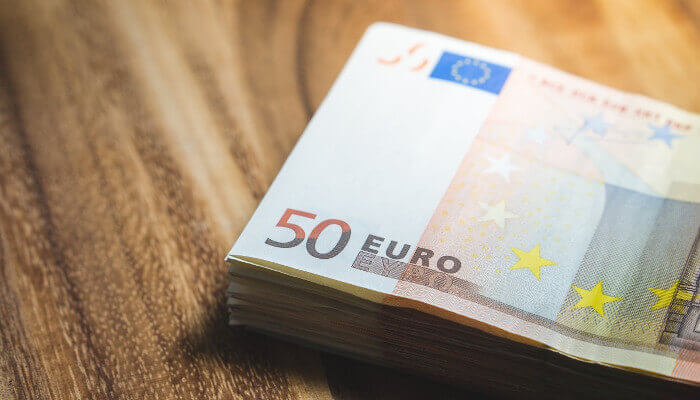
Germany is known for its well-developed infrastructure, labour market, economy and established traditions. It’s one of the most preferred places to live among immigrant...
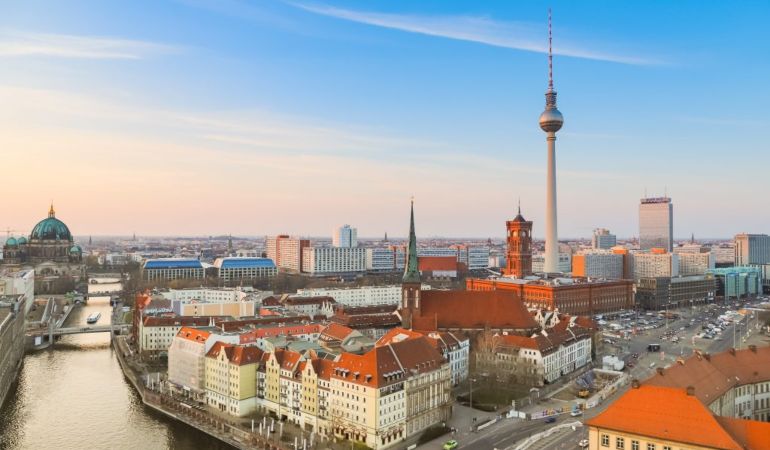
Germany offers excellent conditions for living, working, and raising a family. Whether you prefer the hustle and bustle of a big city or the tranquillity of a small town,...
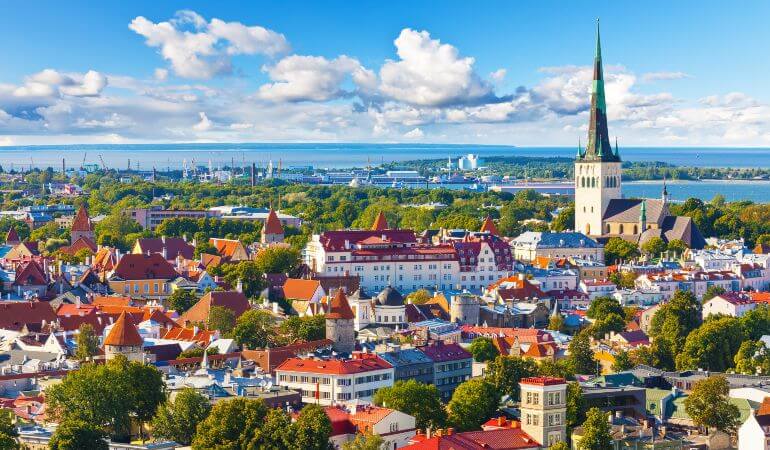
Are you considering moving from the UK to Estonia? We don’t blame you! With over 2000 islands on its territory, тхе Baltic country offers a lot of magnificent views ...

Capital City: Bucharest Population: 19.41 million Official language: Romanian Commonly spoken languages: Hungarian, Romani, Ukrainian, German, Russian, Turkish, Tatar, Se...
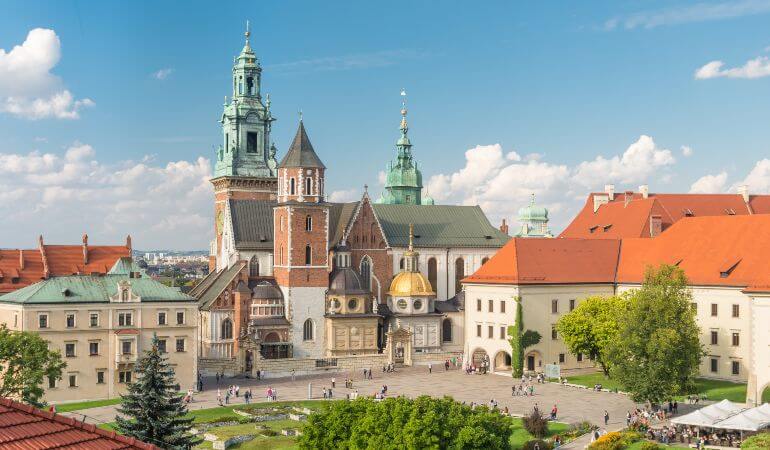
Capital City: WarsawPopulation: 38 millionOfficial language: PolishCommonly spoken languages: Over half of the population speak English and about a third speak GermanCurr...
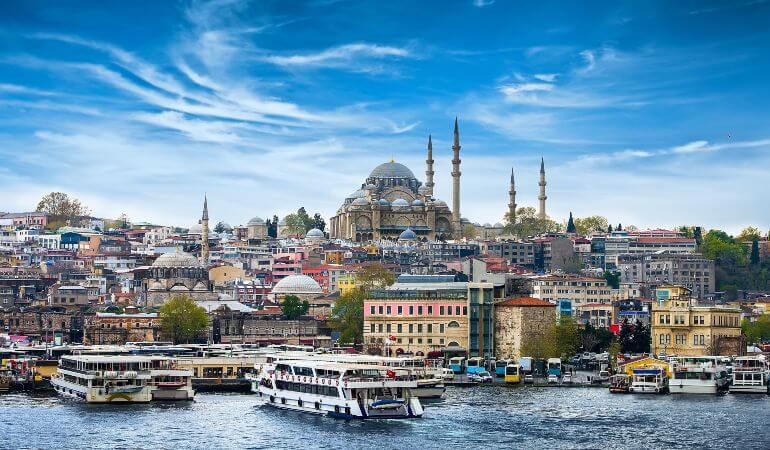
Capital City: AnkaraPopulation: 83.15 million (as of 2019)Official language: TurkishCommonly spoken languages: Turkish (90%), Kurdish (6%), Arabic (1.2%)Currency: Turkish...
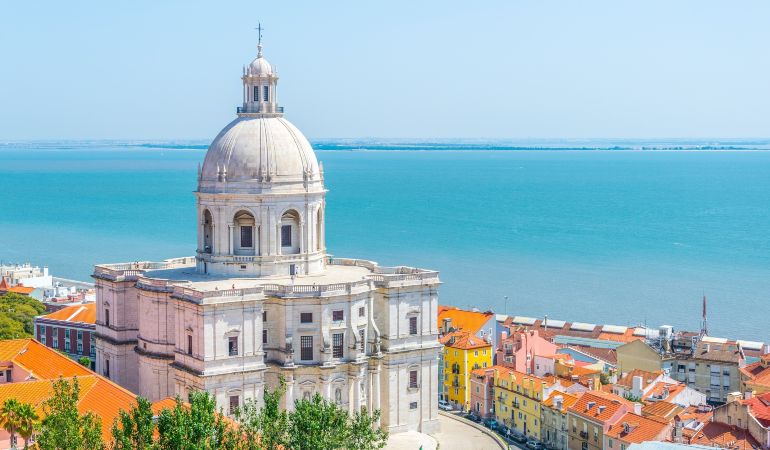
Capital City: LisbonPopulation: 10,295,909 (as of 2019)Official language: PortugueseCommonly spoken languages: Portuguese, Mirandese, EnglishCurrency: Euro (€)Exchange ...

Full of culture and history, Austria is one of the most fascinating and beautiful countries in Europe. So, if relocating from the UK is on the cards for you it’s no won...
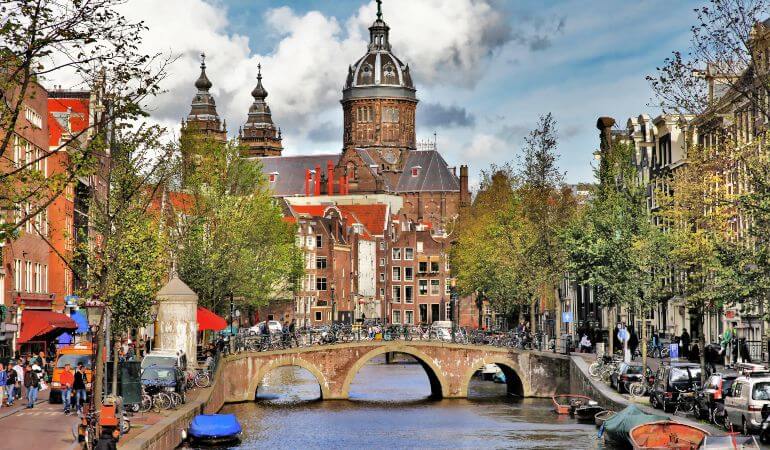
Long history, beautiful nature, lively cities, exceptional social tolerance, and high-quality living conditions – all of these are representative of the Netherlands...
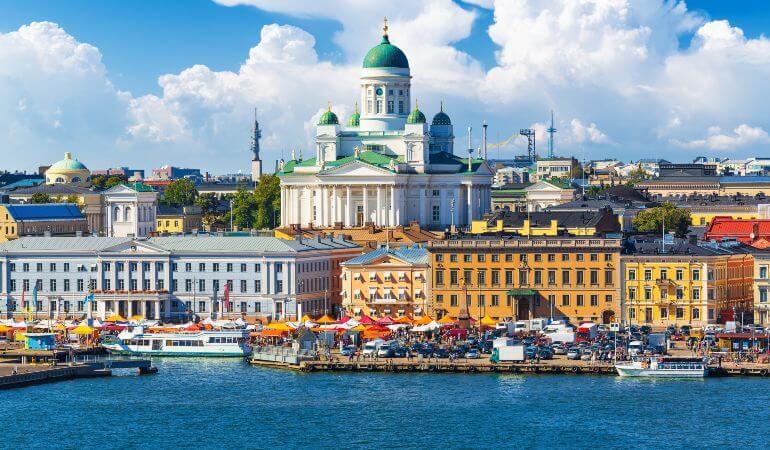
Capital city: HelsinkiPopulation: 5,528,737Official language: Finnish and SwedishCommonly spoken languages: Finnish, Swedish and SámiCurrency: EuroExchange rate to pound...
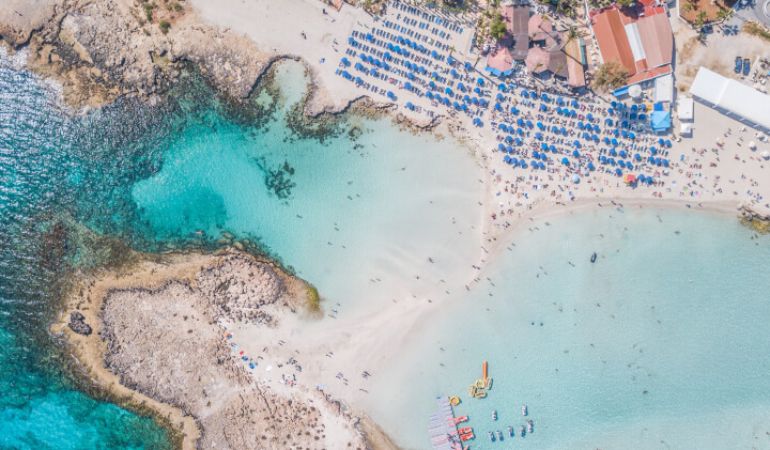
Capital City: NicosiaPopulation: 1.251million (2022)Official language: GreekCommonly spoken languages: Greek/English/RussianCurrency: EuroExchange rate to pound: 1 E...
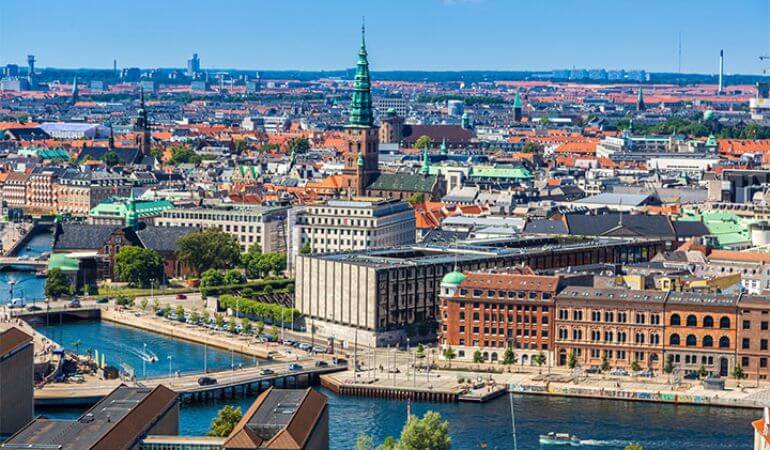
Capital City: CopenhagenPopulation: 5.903 million (2022)Official language: DanishCommonly spoken languages: Danish, Faroese, Greenlandic, German, EnglishCurrency: Danish ...
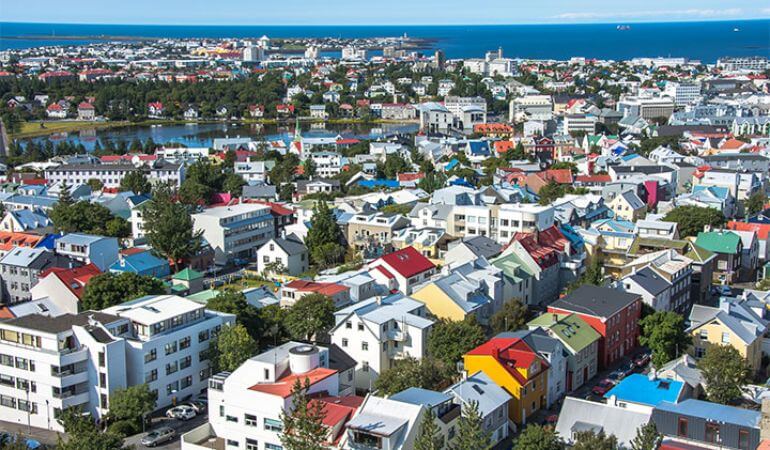
Capital City: ReykjavíkPopulation: 364,134Official language: IcelandicCommonly spoken languages: English and DanishCurrency: Icelandic króna (ISK)Exchange rate to pound...
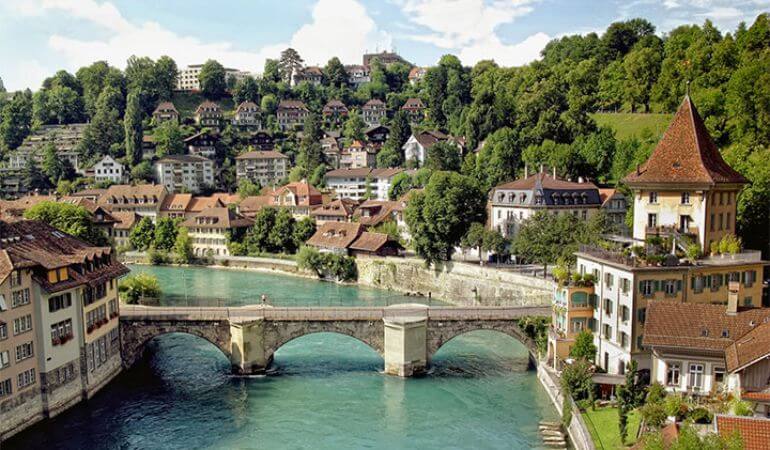
Capital City: BernPopulation: 8.57 millionOfficial languages: German, French, Italian and RomanshCommonly spoken languages: German, French, Italian and RomanshCurrency: S...
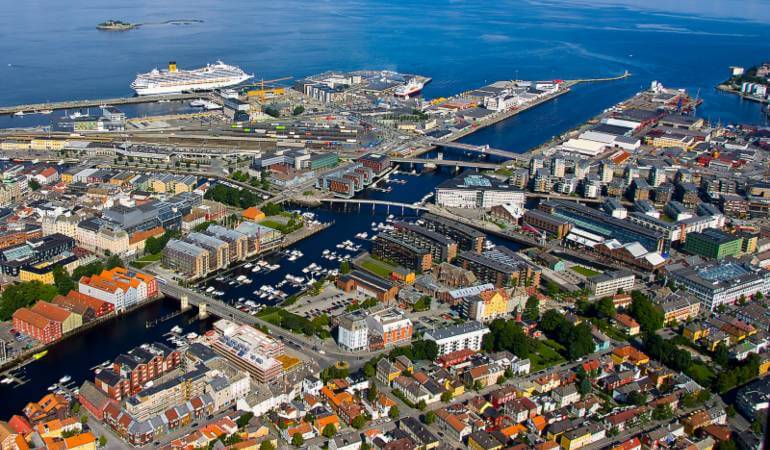
Norway – a country of gorgeous outdoors, mind-blowing fjords, free higher education, social inclusion and strong family traditions. If moving to Norway is on the ca...
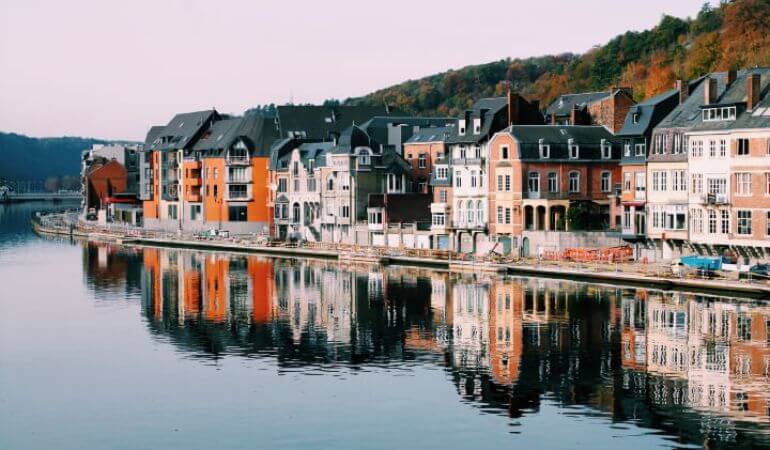
Capital City: BrusselsPopulation: 11,492,641Official language: DutchCommonly spoken languages: French, GermanCurrency: Euro (€) (EUR)Exchange rate to pound sterling: 1,...

Capital City: StockholmPopulation: 8.9 millionOfficial language: SwedishCommonly spoken languages: Swedish, English, German and FrenchCurrency: Swedish Krona (SEK)Exchang...
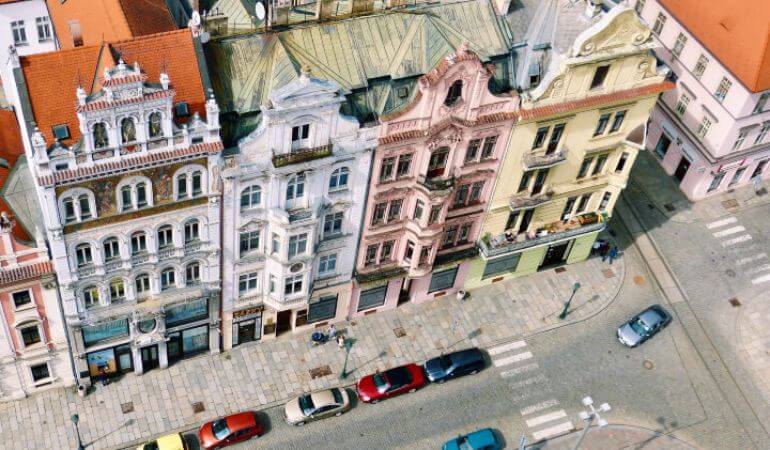
Capital City: PraguePopulation: 10.67 million (2022)Official language: CzechCommonly spoken languages: German, Polish, Romanian, Russian, Slovak, Ukrainian, VietnameseCur...
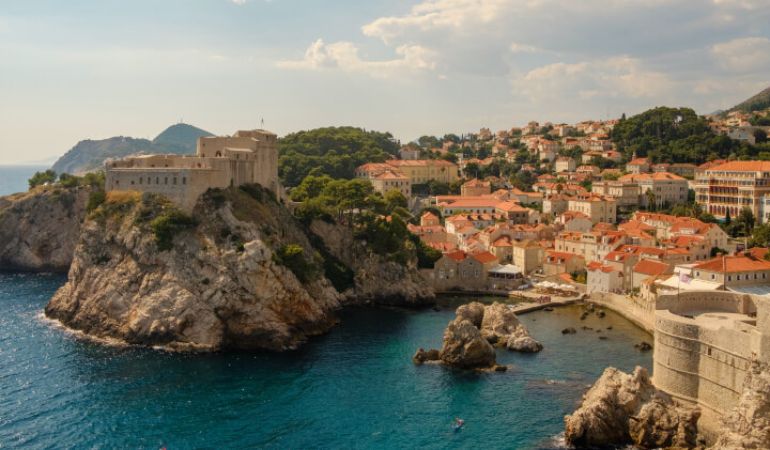
Croatia has everything from laid-back cities, charming villages and ski slopes to beautiful forests and lakes. Not to mention the lucky people there enjoy 2,715 hours of ...

Capital City: OsloPopulation: 5,432,580Official language: Norwegian, SámiCommonly spoken languages: Romani, RomanesCurrency: Norwegian krone (NOK)Exchange rate to pound:...

Capital City: EdinburghPopulation: 5,436,600 (2022)Official language: EnglishCommonly spoken languages: English, Scots, Scottish GaelicCurrency: Pound sterling (GBP; £) ...

Capital city: Berlin Population: 83.8 million (2022) Official language: German Commonly spoken languages: Danish, Low German, Low Rhenish, Sorbian, Romany, North Frisian ...

"Moving your dog or cat to Australia could be a challenging activity and you will need to invest quite a bit of time and expect to pay thousands, because of the strict la...
General Moving Abroad Tips

Moving abroad requires solid preparation, especially if you plan taking a pet with you, as there are many rules to abide by in order to pass through customs freely. We've got great posts on these topics, including general information on how to navigate education and healthcare in another country, which will ensure your safe move abroad.
In addition. you can find extensive guides on the exact steps of moving abroad to almost any European country. So far we've posted thorough instructions on how to move to countries such as Germany, Norway, Scotland and more.
Can’t find what you are looking for?
Did you know?
Did you know that approximately 5.5 million Britains live abroad as of 2020?
About 28% of those 5.5 million have started a new life in the US or Canada.
1/3 of all Brits who move abroad chose Australia or New Zeland as their destination (new home).

Save big by joining the Fantastic Club. As a club member, you will enjoy many perks for a whole year! Just to name a few, priority bookings slots, exclusive seasonal deals, deals by partnering brands and many more. Join the club and let us do the dirty work!
What clients are saying
Have You Decided on Your New Home Country?
Get a free quote
Our Services
Discover
Download our app
Book 25 + professional services from GoFantastic app in less than 30 seconds.
Fantastic Removals specialize in the delivery of professional removal services.
Copyright © 2013 - 2025 By Fantastic Removals.


